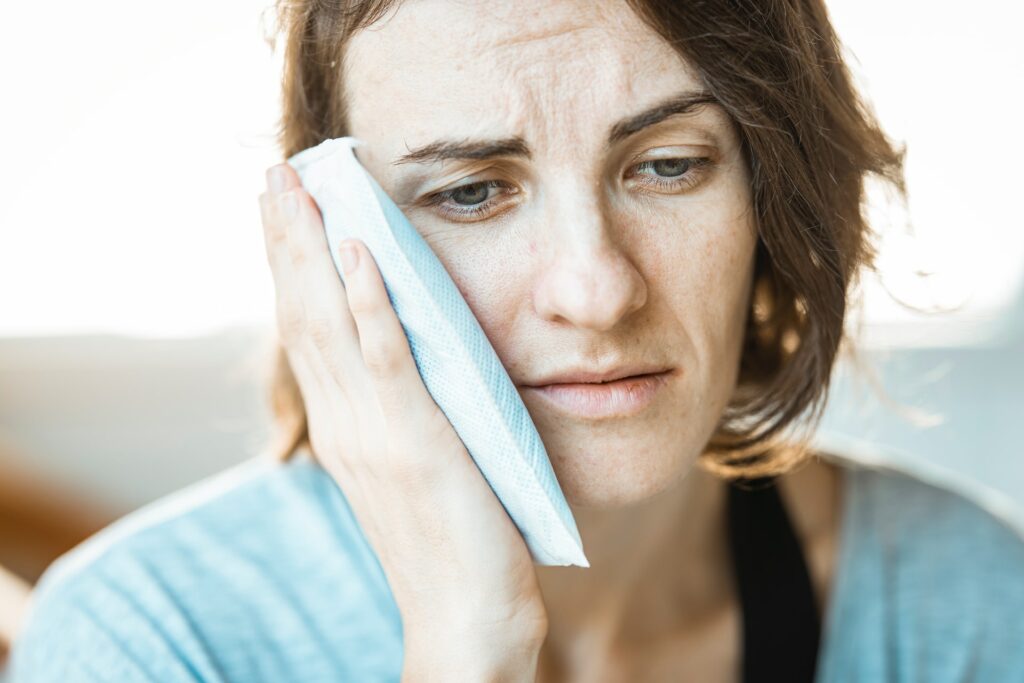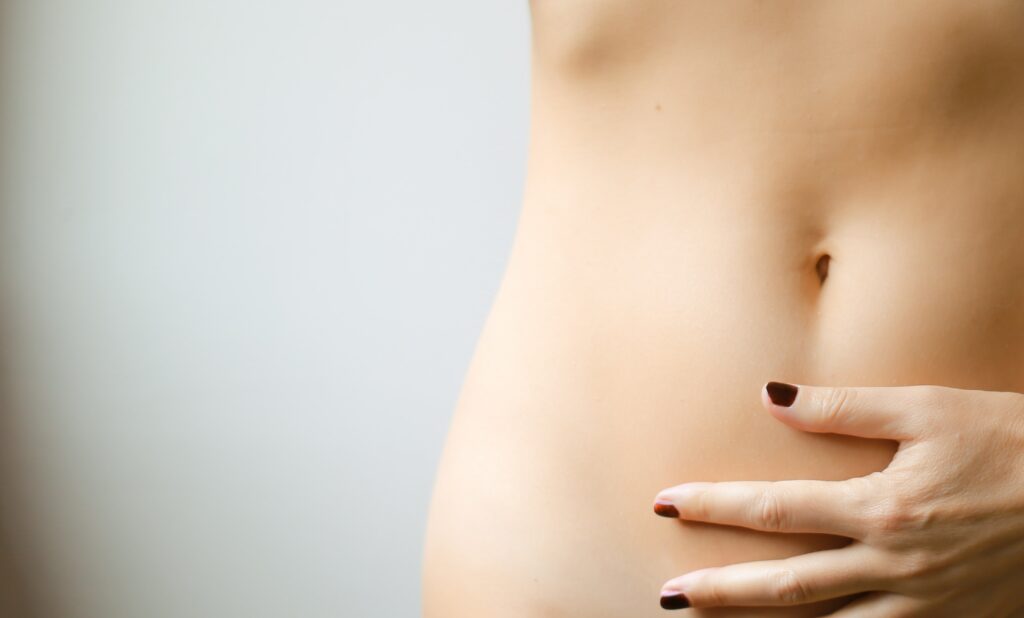We’ve all heard the term “Water weight” being thrown around, but if you don’t understand what exactly it is, then those especially in the midst of a weight loss program can get quite discouraged by its contingency. Contrary to popular belief, Water retention is actually a helpful signal since it indicates the imbalance in the body. Simply put, it is a symptom and not a disease and in serious cases, it can be an indication of a problem with the kidneys, heart or the circulatory system.
Normally, if you are consuming a healthy and nutritious diet, along with adequate consumption of water, fluid retention will not occur. But, there can be certain instances wherein your body will begin retaining fluid, therefore it becomes crucial to understand what is happening, so that the fluid levels within the body can be brought back to optimal levels.
Let’s therefore learn how to spot it and treat it early.
What is water retention?
Water retention is defined as the excess buildup of fluid within the body tissues that can take up a variety of forms ranging from bloated belly, swollen ankles and puffiness and swelling of eyelids to nausea, fatigue and persistent coughing.
What causes water retention?
Before the causes are explained, let’s emphasise on the fact that there can be several reasons as to why your body is retaining excess fluid. Although some of these causes can be easily treated, there are however certain tenets that may be indicative of a more serious underlying issue. It is therefore important to consult with a healthcare professional to come to a sound diagnosis.
We will now discuss some lifestyle factors that are contributive to water retention, and ways of preventing it.
– Consuming a diet that is high in Sodium :
The body requires an adequate amount of Sodium and Potassium to maintain optimum levels of fluid in the body. Eating more than required salt can cause the body to retain water. It is therefore recommended to consume a maximum intake of 2300 mg (1 tsp) of salt per day for healthy individuals and not more than 1500 mg of salt per day for people with Heart disease and Hypertension.

– Hormonal fluctuations :
Women seem to hold more water weight in the days leading up to their menstrual cycles. It is very common and happens due to hormonal changes which prepares the body for monthly menses . These hormonal fluctuations lead to greater water retention in the body of a woman.

– Standing or sitting for long periods of time :
A lot of water retention can be caused by prolonged periods of sedentary activity like sitting, sleeping, or standing still in one place. This is because sitting or standing still can cause your body tissues to retain fluid due to increase in blood pressure inside the vessels of legs and feet.

Other possible causes of water retention can be :
– Kidney, Heart or Circulatory system disorders
– Certain medications like Hypertension medications, pain relievers, antidepressants etc
– Pre-eclampsia, cirrhosis of the liver, protein loss due to malnutrition
Now, If you’re nodding your head in agreement to all the signs and causes of water retention, and verbally agreeing to reading the above and saying “ Yes, I seem to have all those symptoms”, then continue reading below to find out some general remedies that can help you with Fluid retention!
General Lifestyle and Dietary suggestions :
- Consuming the recommended intake of upto 2300 mg of salt (1 tsp) for healthy individuals and less than 1500 mg of salt intake for individuals with Heart disease and Hypertension.
- Avoid canned foods including canned vegetables, soups, sauces etc.
- Avoid processed foods like potato chips, salted peanuts and other junk foods.
- Check food labels and opt for lower salt choices.
- In general opt for home cooked foods rather than restaurant foods.
- Increase the intake of Potassium rich foods like Bananas, Raisins, Tender Coconut water, Apricot, Berries, Apples, Spinach, Mushrooms etc as Potassium deficiency can lead to water retention.
- Consuming adequate quantity of water (between 8-10 glasses per day or more in accordance with level of physical activity) and other fluids such as Herbal teas, Barley water etc.
- Regular exercise of upto 30-40 minutes can prove to be a game changer as it helps stimulate blood circulation. Lifting your legs up against the wall can also help drain excess water.
Taking care of yourself emotionally and physically is the most important divisive factor in any treatment method and subsequent result. Allow yourself to reap in the natural benefits of adopting a healthy, nutritious diet and lifestyle. Reach out to the team of Foodnwellness for customised and tailored made wellness programs!
For any serious underlying health condition resulting in persistent water retention leading up to 1-2 kg of weight gain within a week, make sure to first consult with a physician before making any changes to your current health routine or taking medical action.


